Introduction
Germany has long been renowned for its automotive industry, producing some of the world's most beloved and highest-quality vehicles. In this article, we'll explore the most sought-after German cars in 2025, answering common questions about the makes and models that dominate the import market, as well as why these vehicles are often considered top-tier.
When you think of quality cars, Germany often comes to mind. The nation carved its niche in the global automotive market with a reputation for precision engineering, innovative technology, and performance. German manufacturers like Volkswagen, BMW, and Mercedes-Benz have built loyal followings worldwide, thanks to a combination of sleek designs and reliability.
This article aims to shed light on the cars that topped the import charts from Germany in 2025. We'll take a close look at the makes and models that are not just popular, but also embody the essence of what makes German cars so revered. From their engineering excellence to market trends, get ready to dive into the details of why these vehicles are steering the hearts of car enthusiasts everywhere.
What Cars Are Imported from Germany?
In 2025, several German cars have soared to the top of the import lists, each boasting unique features that have captivated car enthusiasts worldwide. Here's a look at the standout models making waves this year.
Top German Imports
Volkswagen Golf
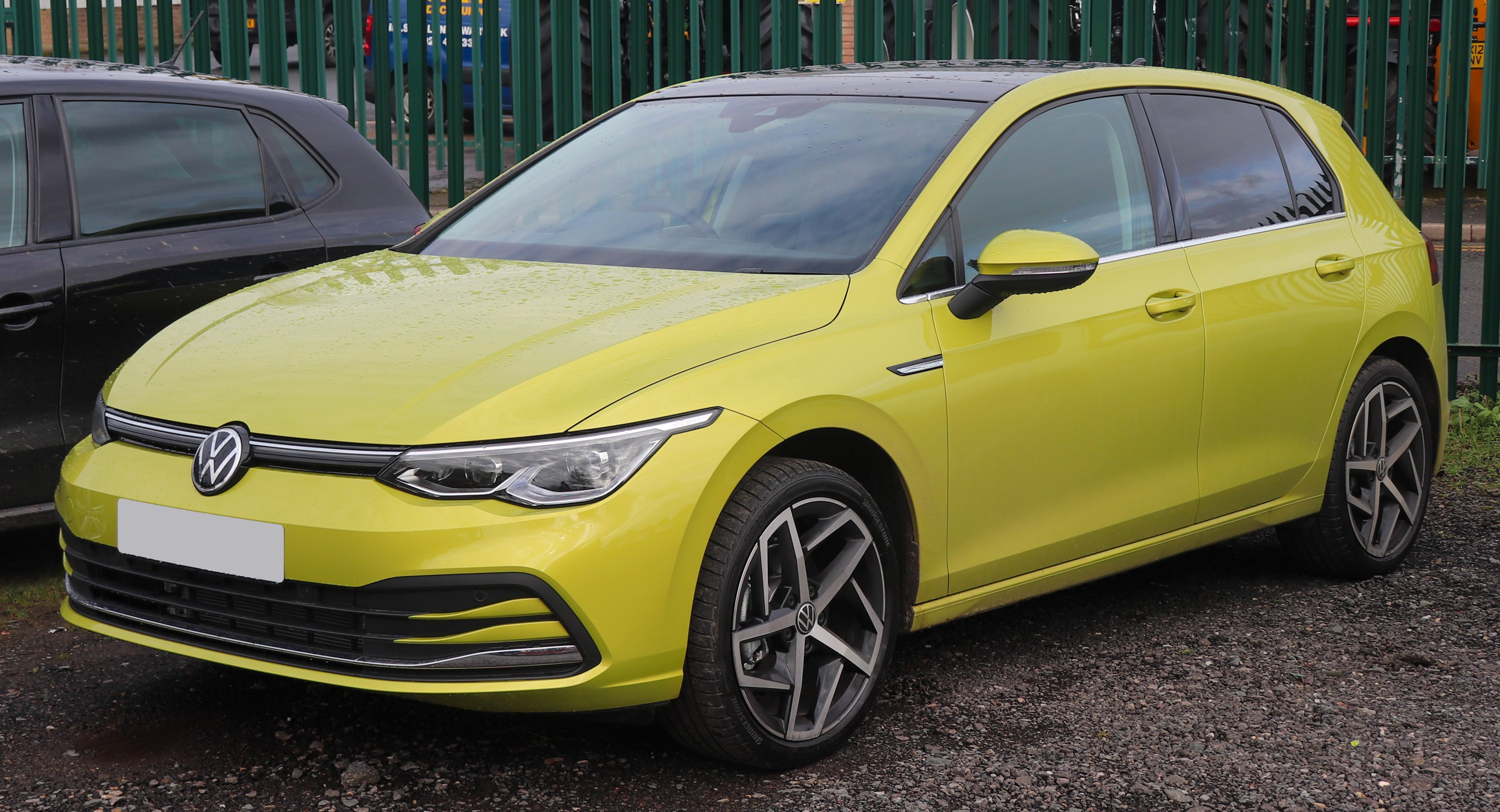
- Overview: A perennial favorite known for its balance of performance and practicality.
Highlights:
- Advanced tech features
- Sleek design
- Responsive turbocharged engine
- Adaptive cruise control
This model holds a strong appeal for both urban drivers and road trippers alike.
BMW 3 Series
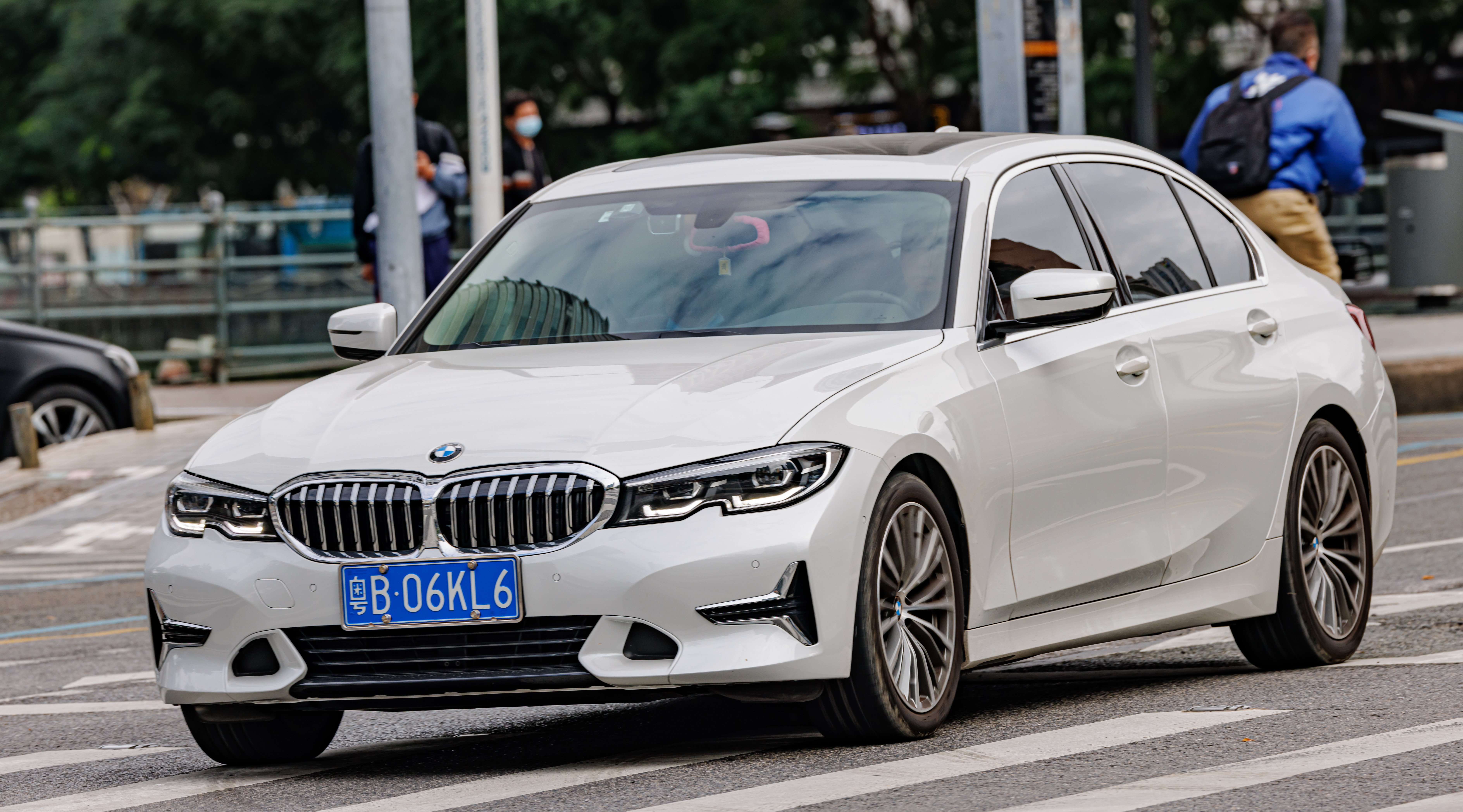
- Market Position: Continues to dominate the luxury sedan market.
Specs:
- Equipped with a hybrid powertrain
- Impressive fuel efficiency
- Sporty driving experience
It’s not just about looks; the interior is decked out with high-quality materials and cutting-edge infotainment systems.
Audi Q5

- Category: Compact SUV
Key Features:
- All-wheel-drive capabilities
- Spacious, high-tech cabin
- Robust safety features
These elements make it ideal for families and adventurers, and it’s a favorite among safety-conscious buyers.
Porsche Macan
- Target Audience: Thrill-seekers seeking a luxury compact SUV.
Performance:
- Eye-popping performance
- Distinct styling
- Dynamic chassis control system for precision handling
The 2025 model enhances its sporty feel, allowing for exceptional handling even in challenging conditions.
Mercedes-Benz GLE
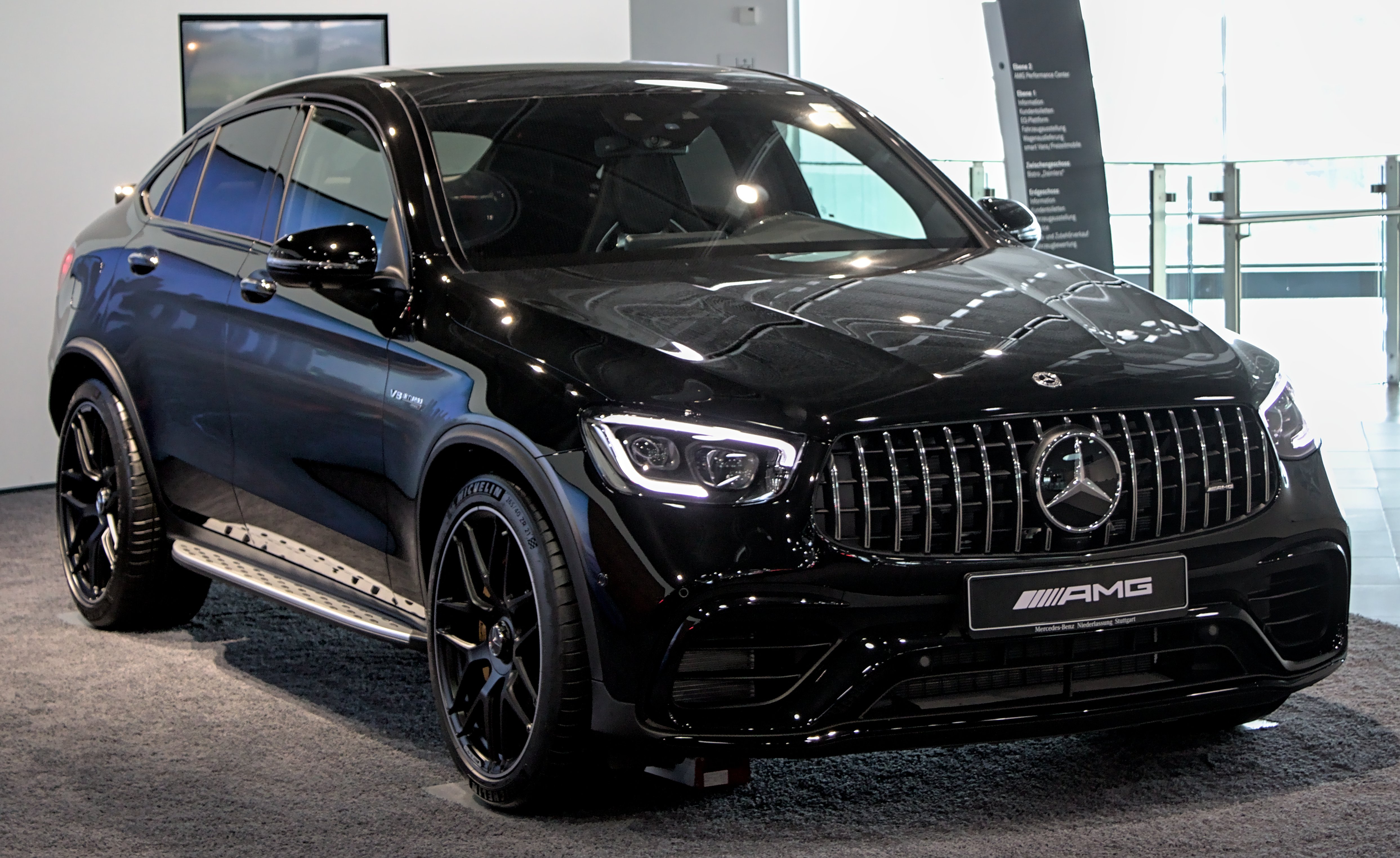
- Positioning: Blends luxury and utility seamlessly.
Improvements:
- Spacious interior
- Top-notch technology
- Strong performance
- Enhanced driver-assist features
The latest model also boasts improved fuel efficiency.
Conclusion
These cars have carved their niches across various markets, from European cities to American suburbs. Their ability to blend performance, luxury, and practicality explains their steady demand and why they remain top imports from Germany this year.
As automotive enthusiasts continue to seek out the best in engineering and design, these German models stand tall as symbols of excellence in the automotive world.
Ready to import your German car? Discover everything you need to know about international car shipping in our comprehensive guide.
Why Are German Cars So High Quality?
German cars have built a formidable reputation for quality that stretches across continents. This global esteem can be traced back to a unique cocktail of engineering prowess, stringent manufacturing standards, and an unyielding commitment to innovation. It’s no coincidence that many of the world’s top automotive engineers choose to work in Germany—where a long tradition of precision and craftsmanship reigns.
At the heart of German car-making is an emphasis on superior engineering. From the early days of the automobile, German manufacturers have prioritized rigorous testing and quality control. Each part—down to the smallest screws—undergoes checks for endurance and performance. This meticulous attention to detail ensures that vehicles are not only built to last but also perform exceptionally well.
Innovations also play a crucial role in contributing to the superior performance of German cars. Technologies like advanced turbocharging, efficient regenerative braking, and sophisticated driver assistance systems demonstrate a forward-thinking approach that keeps these brands at the cutting edge. Brands like Audi, BMW, and Mercedes-Benz are frequently the first to introduce new tech, often leading the market rather than following it.
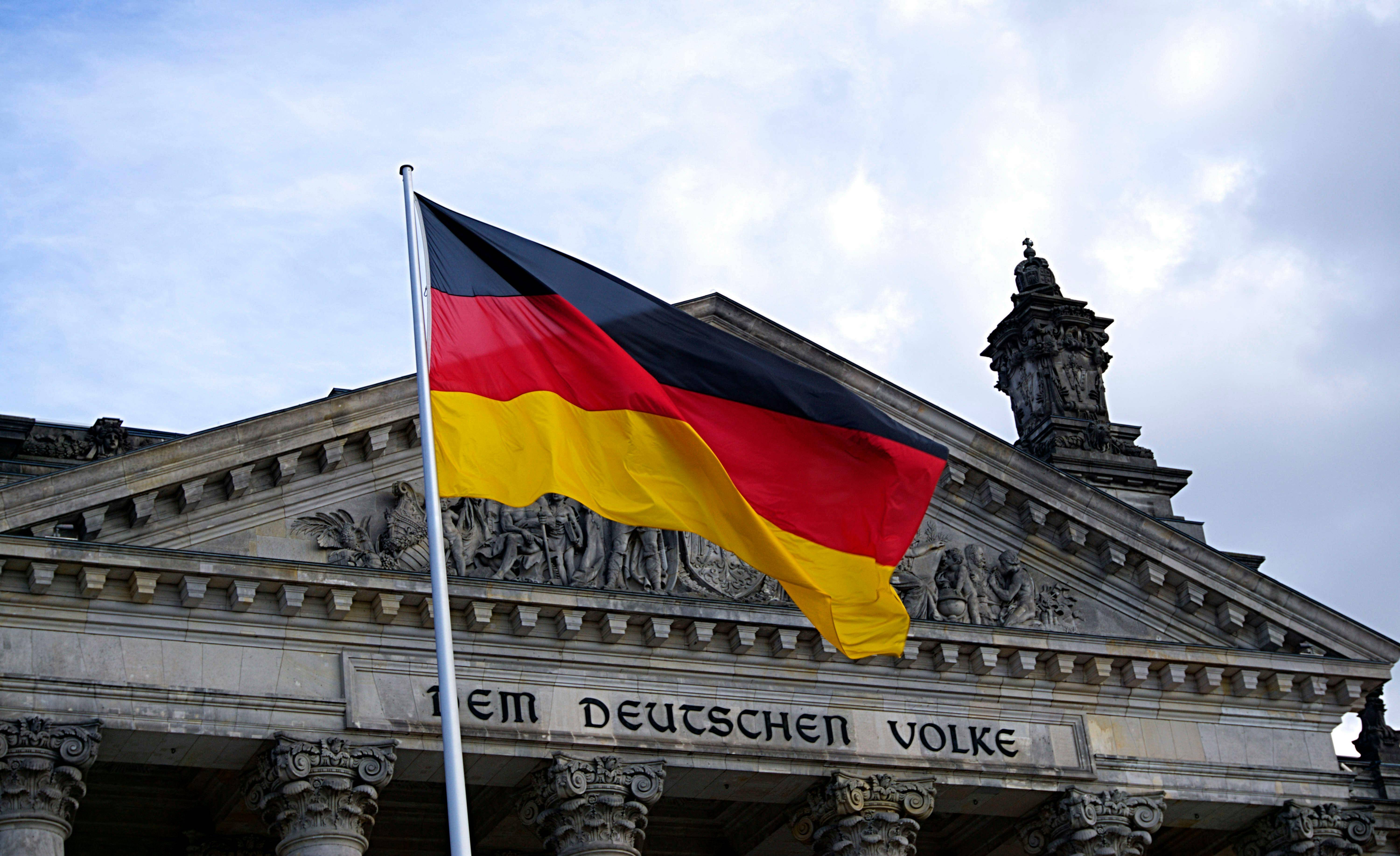
Consumer testimonials often echo these sentiments. People who own German vehicles frequently highlight their reliability and longevity. A study might show that Audi and BMW owners report higher satisfaction rates compared to owners of other brands, reinforcing the perception of quality. Surveys consistently place German cars at the top when it comes to customer loyalty and satisfaction, which paints a picture of vehicles that not only meet but exceed user expectations.
Furthermore, awards and accolades abound for German manufacturers. The International Engine of the Year Awards frequently showcases engines from German brands, emphasizing both innovation and performance. Such recognitions boost confidence among consumers, solidifying the idea that buying a German car is not just a purchase but an investment in quality.
In short, the excellence of German cars can be attributed to a blend of robust engineering, cutting-edge technology, positive consumer feedback, and industry accolades. Whether it’s the allure of a BMW’s sporty handling or the reliability of a Volkswagen, these vehicles continue to captivate drivers around the world.
What Car Brands Came from Germany?
Germany is home to some of the most prestigious car brands in the world, each with its own unique identity and offering. Here’s a rundown of the major players:
Volkswagen
.jpg?width=3387&height=1727&name=VW_Golf_GTI_(VII).jpg)
Volkswagen is one of the largest automakers globally, known for its reliable and affordable vehicles. With iconic models like the Golf and the Beetle, Volkswagen combines practicality with a touch of nostalgia. Its commitment to sustainability and innovative technology, like the ID. series of electric cars, keeps it relevant in today’s market.
BMW
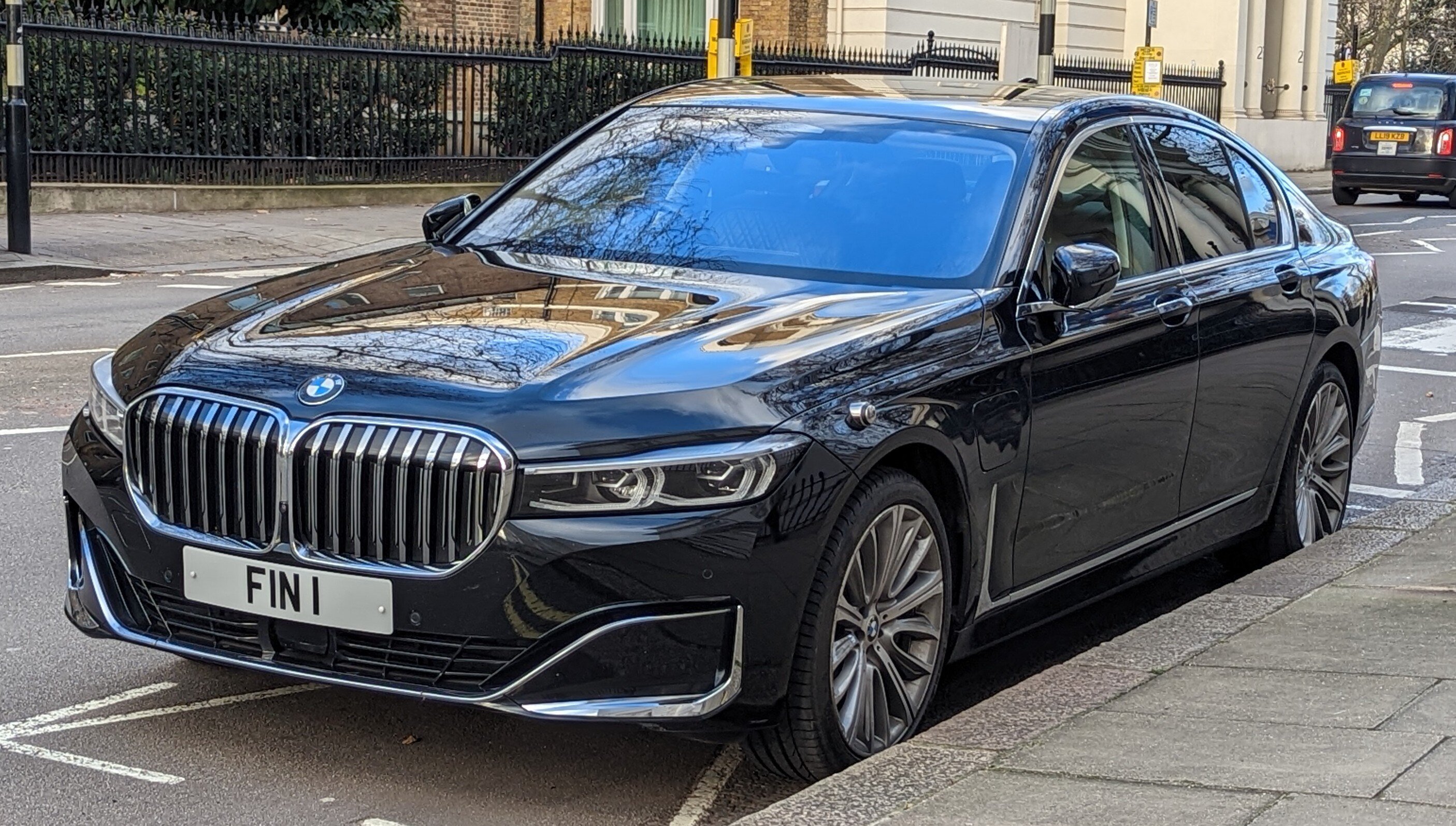
BMW, or Bavarian Motor Works, is synonymous with performance and luxury. Renowned for its sporty sedans and SUVs, like the 3 Series and the X5, BMW prides itself on engineering excellence and driving pleasure. The brand’s slogan, "The Ultimate Driving Machine," reflects its focus on thrilling performance and precision.
Audi
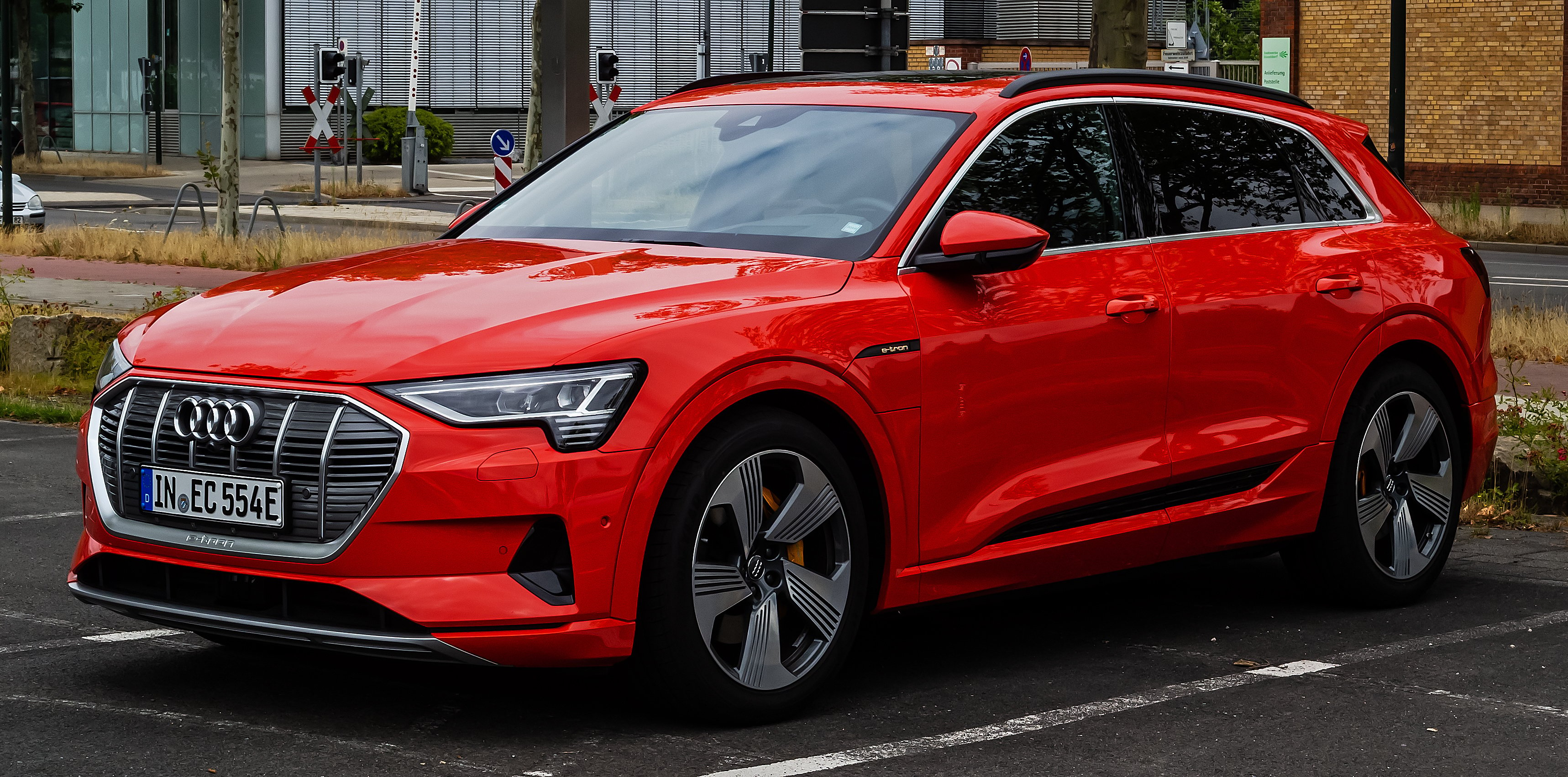
Audi is a brand that epitomizes sophistication and cutting-edge tech. With models like the A4 and Q5 setting benchmarks for luxury and performance, Audi’s Quattro all-wheel-drive system enhances its cars’ versatility. The integration of advanced technology in both performance and driver assistance features puts Audi at the forefront of the premium segment.
Mercedes-Benz
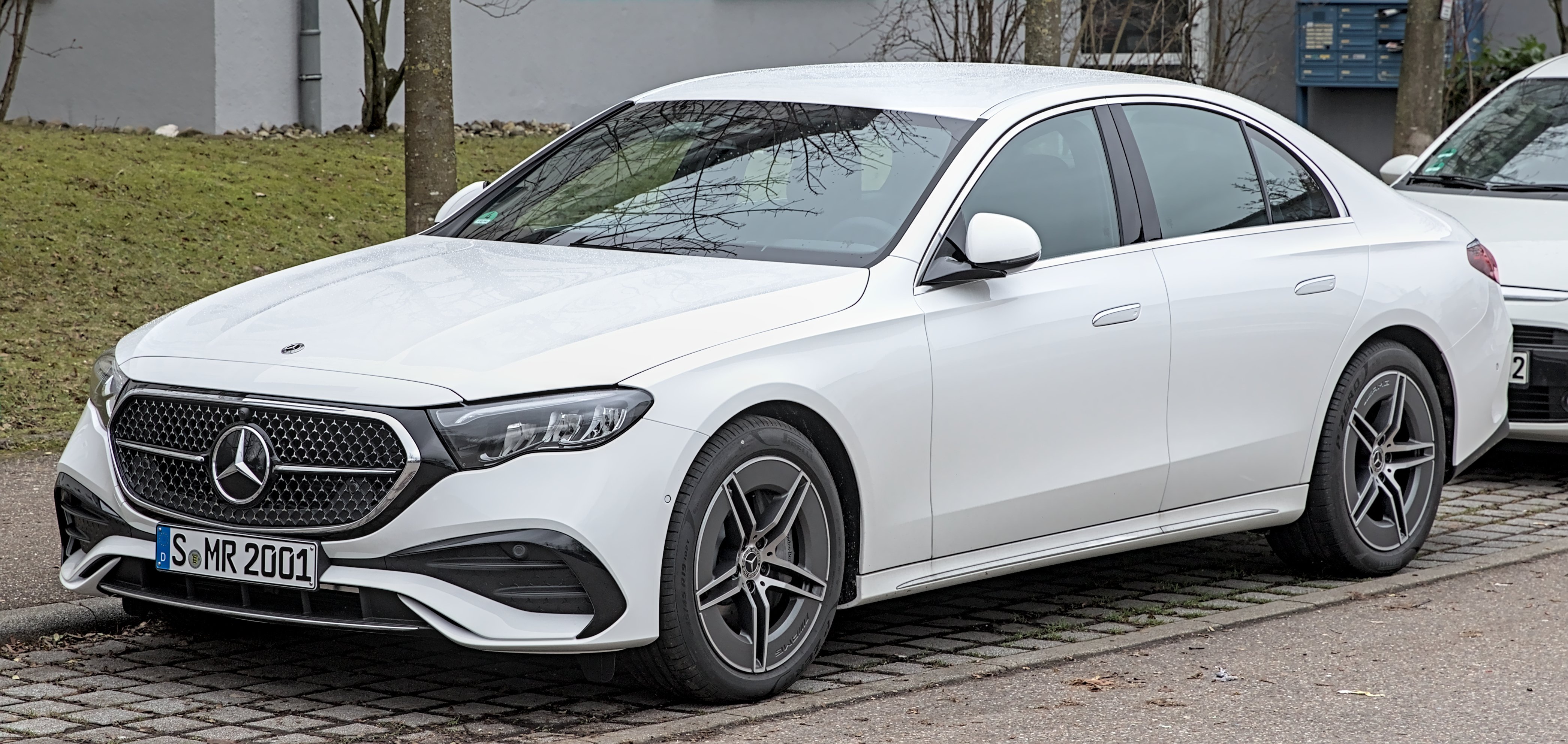
When it comes to luxury, Mercedes-Benz stands tall. Known for its opulent interiors and a ride that screams comfort, models like the E-Class and S-Class are favorites among luxury car enthusiasts. Additionally, Mercedes has committed to its EQ line, embracing the future of electric vehicles without sacrificing its legacy of performance.
Porsche

Porsche is a name that evokes passion among car lovers. Famous for its high-performance sports cars like the 911, Porsche delivers a blend of speed, style, and engineering prowess. The brand’s transition into the electric market with the Taycan shows its dedication to innovation while staying true to its performance roots.
Each of these brands contributes to Germany’s reputation for outstanding automotive craftsmanship, making German cars a top choice for consumers around the globe. Whether someone is after luxury, performance, or just a reliable daily driver, there's a German brand that fits the bill.
Is It Cheaper to Import a Car from Germany?
When considering the allure of owning a German car, you might wonder if importing one is a financially savvy move. The answer isn't straightforward and depends on several factors.
Cost Breakdown: Importing a car involves various costs that can add up quickly. First, you've got the base price of the vehicle, which can be competitive, but don't forget shipping fees. Typical shipping costs range from $1,000 to $3,000, depending on the method (container shipping is generally more expensive). Then, there are customs duties and taxes. In the U.S., the import tax for cars can be around 2.5% of the purchase price, but this can vary by country. In the EU, VAT can add another 20% to the cost.
Import Restrictions: Each country has different regulations regarding imported vehicles, which can also affect pricing. Some markets may require modifications to meet local safety and emissions standards, adding even more expenses. These regulations can turn what seems like a bargain into a pricey headache.
Buying Locally vs. Importing: On paper, the cost of a German car directly from the source could look tempting, especially if you find a hidden gem at a reasonable price. However, buying locally has its advantages. Local dealerships often offer warranty services, financing options, and easier maintenance access. Additionally, you might save on initial import costs and unexpected repairs for compliance modifications.
The Final Verdict: While it CAN be cheaper to import a car from Germany, it heavily depends on the vehicle's price, shipping and import fees, and necessary modifications. It's a careful balancing act between the allure of a pristine imported model and the practicality of buying locally. If you're set on that imported dream, just make sure to dot your i’s and cross your t’s— and that might lead to a smoother ride.
Want to know exactly how much importing your dream car will cost? Use our instant car shipping calculator to get a detailed quote including duties, taxes, and shipping fees.
What Is the Most Imported Car?
Titleholder: Volkswagen Golf
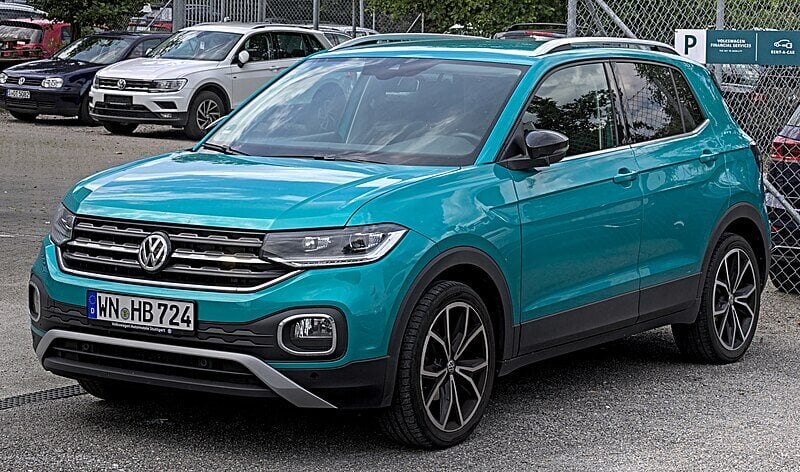
In 2025, the title for the most imported car from Germany goes to the Volkswagen Golf. This compact hatchback has consistently topped sales charts, thanks to its unique blend of:
- Practicality
- Performance
- Undeniable Charm
With a design that's both modern and timeless, the Golf appeals to a wide range of drivers—from city commuters to weekend adventurers.
Factors Driving Demand
The demand for the Golf can be attributed to several key factors:
- Reliability and Efficiency: Its strong reputation makes it a sought-after choice, particularly in markets prioritizing affordability and quality.
- Interior Space: With a spacious interior and ample cargo room, it caters to all the needs of the modern driver.
- Advanced Technology: The inclusion of state-of-the-art tech features enhances the driving experience.
- Fuel Economy: Excellent fuel efficiency further cements its status as the go-to vehicle for many.
Community and Enthusiasm
Another reason for the Golf’s popularity is the vibrant community surrounding the brand:
- Loyal Owners: Golf owners often rave about the car’s drivability and performance, highlighting the enjoyment that comes with driving a Golf.
- Camaraderie: Many enthusiasts engage in local car clubs and events, fostering a sense of camaraderie among owners. This loyal following helps sustain high import rates year after year.
Market Trends Impacting Success
Market trends also play a significant role in the Golf’s continued success:
- Eco-Conscious Buying: As consumers lean towards vehicles with a smaller environmental footprint, the Golf’s efficient engine options resonate well with eco-conscious buyers.
- Innovations: Volkswagen's ongoing innovations, including the integration of electric models into the Golf lineup, strengthen its position as a forward-thinking choice in the automotive market.
Summary
In summary, the Volkswagen Golf’s blend of reliable performance, practicality, and a thriving owner community positions it as the top imported car from Germany in 2025. This success showcases not just individual preferences but also broader market trends that favor efficiency and style.
Why Are Most Cars from Germany?
Germany’s automotive industry didn’t just happen overnight; it’s a product of a rich history steeped in innovation and engineering excellence. Since the early days of the automobile, German manufacturers have led the charge with a relentless focus on quality and performance. Companies like Mercedes-Benz and Volkswagen have become household names not only for their reliability but also for their innovative features and sleek designs.
Economically, Germany has fostered a competitive environment that emphasizes engineering precision and technological advancement. The country’s strong vocational education system ensures a high level of craftsmanship among its workforce, equipping them with the skills needed to push automotive technology forward. This not only benefits car manufacturers but also sets a high standard for the entire industry.
Moreover, Germany's strategic export policies have enabled these automakers to thrive in international markets. The country invests heavily in research and development, allowing for continuous improvement and adaptation to global demands. As a result, German cars are often at the forefront of advancements like electric vehicle technology and safety innovations, making them highly sought after worldwide.
Ultimately, the combination of a strong historical foundation, rigorous training programs, and cutting-edge technology explains why most cars on the market today are imported from Germany. This commitment to excellence has solidified Germany’s reputation as a powerhouse in the automotive sector, ensuring that its cars remain top choices for consumers everywhere.
Which Country Buys the Most German Cars?

When it comes to importing German cars, the top spot usually goes to the United States. In 2025, the U.S. maintained its position as the largest market for German automotive exports, accounting for a significant percentage of global imports. This preference largely stems from a blend of luxury appeal and engineering excellence that German brands like BMW, Audi, and Mercedes-Benz consistently deliver.
Following closely behind, China is another major buyer of German vehicles. As its middle class continues to expand and consumer preferences shift toward high-quality brands, German cars embody the kind of luxury and status many Chinese buyers seek. The growing interest in electric vehicles also boosts demand for German brands that are leading the charge in EV technology.
Other countries with notable import numbers include the UK and Canada. In the UK, German cars are admired for their performance and reliability, while in Canada, a combination of quality and winter-ready features makes them a favored choice among consumers braving harsh climates.
In essence, countries tend to favor German cars for their reputation, advanced technology, and the prestige that comes with owning models from iconic manufacturers. As these markets evolve, the demand for German engineering remains constant, making it clear that these vehicles resonate well with buyers around the globe.
Want to know exactly how much importing your dream car will cost? Use our instant car shipping calculator to get a detailed quote including duties, taxes, and shipping fees.
Is Germany Good at Making Cars?
When it comes to automotive engineering, Germany isn’t just good; it’s legendary.
The German Reputation
The nation has built a remarkable reputation characterized by:
- Precision
- Innovation
- Durability
At the heart of this reputation is a commitment to quality and an almost obsessive attention to detail. German manufacturers invest heavily in research and development, pushing boundaries with advancements in automotive technology.
Innovations in Automotive Engineering
From revolutionary safety features to efficient engine designs, the innovations coming from Germany set a benchmark in the industry.
Global Perception
Internationally, German cars are often viewed as the gold standard. Notable examples include:
- The luxurious interiors of Mercedes-Benz,
- The sporty dynamics of BMW,
- The reliability of Volkswagen.
These vehicles frequently top customer satisfaction surveys and rankings, with numerous awards illustrating their excellence. Accolades for safety, performance, and design flood in from organizations like Euro NCAP and respected auto publications.
The Prestige Factor
For many consumers, the appeal of a German car goes beyond its specifications. It's also about prestige. The cultural cachet attached to brands like Audi and Porsche creates a sense of belonging that’s hard to replicate.
Every drive in a German car feels like an event, underscored by the knowledge that you're behind the wheel of a marvel of engineering.
Conclusion
In essence, when you choose a German car, you're not just opting for a mode of transport; you're investing in a legacy of excellence that has consistently pushed the envelope of what's possible on four wheels.
What Country Buys the Most BMWs?
When it comes to popularizing BMW vehicles, the United States takes the crown as the leading buyer of BMWs globally. Several factors contribute to this trend:
Factors Behind U.S. Demand
- Brand Loyalty: American consumers appreciate the blend of performance, style, and technology that BMW consistently delivers.
- Extensive Marketing: Effective promotional strategies enhance brand visibility and desirability.
- Robust Dealership Network: Easy access to BMW vehicles through a wide range of dealerships boosts sales.
Notable Markets
Following the United States, other countries also feature prominently in BMW's sales reports:
China
- Emerging Luxury Market: China has become a key market for BMW in recent years.
- Growing Middle Class: An expanding middle class seeks luxury brands for status and success.
- Prestige Appeal: Owning a BMW is associated with wealth and accomplishment among many Chinese consumers.
Germany
- Home Turf Loyalty: As BMW's home country, Germany has a strong national pride in owning a brand that symbolizes German engineering excellence.
- Familiarity and Support: A robust infrastructure supporting local buyers, combined with brand familiarity, keeps demand high.
Key Drivers of Global Appeal
Several factors drive BMW's international success:
- Innovation and Performance: The brand's commitment to cutting-edge technology captures consumer interest.
- Diverse Range: An expansive lineup caters to various tastes and budgets, ensuring broad market appeal.
- Quality Reputation: A strong reputation for quality resonates with buyers worldwide, fostering brand loyalty.
Conclusion
In summary, while the U.S. stands out as the top market for BMW cars, both China and Germany are significant buyers, each with compelling reasons for their preference. BMW's international strategy and local adaptations are crucial elements in sustaining its popularity across different regions.
What Are the Most Sold German Car Brands?

In 2025, the landscape of German car sales showcases a few brands that continue to dominate both domestic and international markets. At the forefront, Volkswagen stands tall as the best-selling German brand globally, thanks to its diverse lineup that appeals to a wide range of consumers.
Models like the Golf and the Tiguan consistently rank among the favorites, blending practicality with functionality and style.
BMW and Mercedes-Benz are not far behind, both holding strong positions in the luxury segment. BMW, recognized for its spirited performance and sporty aesthetic, has carved out a loyal following among driving enthusiasts. The 3 Series and X5 are particularly hot sellers, appealing to those who seek a mix of comfort and sophistication. Mercedes-Benz, on the other hand, is synonymous with luxury and refinement, making its models like the C-Class and GLC sought-after choices in the premium market.
Audi also makes the cut, known for its striking designs and advanced technology. The A4 and Q5 have been consumer favorites, attracting buyers who crave a balance of elegance and cutting-edge performance.
The success of these car brands can be attributed to their ability to innovate continuously, investing heavily in technology, sustainability, and enhancing the driving experience. They maintain strong reputations built on quality and reliability, which keeps consumers coming back for more.
The trend of urbanization and sustainability further fuels the demand for these brands—Volkswagen’s commitment to electric vehicles is a prime example of how they adapt to changing market dynamics. As preferences continue to shift towards eco-friendly options, it’s likely we’ll see these brands further evolving their offerings to meet consumer expectations.
In summary, Volkswagen, BMW, Mercedes-Benz, and Audi dominate the global sales figures in 2025, each bringing unique strengths to the table and ensuring their ongoing success in a competitive marketplace.
Why Is Germany Famous for Cars?
Germany's reputation in the automotive world isn’t just about flashy brands and sleek models; it’s deeply rooted in its rich history and cultural identity. The journey began in the late 19th century when Karl Benz created the first true automobile. This pioneering spirit set the stage for a culture that values engineering excellence and innovative design. Fast forward through the decades, and you find a nation that balances tradition with cutting-edge technology.
German engineering is synonymous with precision and durability. This isn't just about assembling parts; it’s about an unwavering commitment to quality that starts on the factory floor. Every vehicle built in Germany undergoes rigorous testing and quality control, ensuring that when you buy a car with a German badge, you're investing in something reliable.
The country’s famed Autobahn—a highway system known for its stretches without speed limits—has also influenced the automotive culture, encouraging manufacturers to design cars that can deliver performance at high speeds. It’s not just a matter of speed; the handling and stability at these velocities reflect the engineering heritage of German brands.
Moreover, sustainability has taken root in the industry, with German manufacturers leading the charge in electric vehicle innovation. Companies like Volkswagen and BMW are not only focused on performance but also on being environmental stewards, ensuring that their future models continue this legacy while addressing modern consumer concerns.
Combine all these elements—history, engineering prowess, and commitment to innovation—and you have a formula that has made Germany a powerhouse in the automotive sector. Their cars aren’t just machines; they embody a philosophy of excellence that appeals to drivers around the globe. In 2025, the allure of German vehicles remains as strong as ever, reinforcing their status as symbols of quality and luxury.
Conclusion
German cars are more than just vehicles; they're symbols of precision engineering and innovation that have shaped the global automotive landscape. In 2025, they continue to dominate the import market, reflecting their unparalleled reputation for quality and performance. From the sleek lines of a BMW to the robust engineering of a Mercedes-Benz, every model tells a story of heritage and craftsmanship.
As we've explored throughout this article, the blend of historical significance, advanced technology, and consumer trust cements Germany's place at the top of the automotive sector. Today's import trends mirror a deep-seated love for German engineering, driven by brands that consistently push the boundaries of what a car can be.
To stay informed, keep an eye on emerging models and changes in consumer preferences. The automotive landscape is always evolving, and German cars are sure to continue leading the charge.
Importing a German car involves several costs: shipping ($1,000-$3,000), import duty (2.5% of vehicle value), taxes, and potential modification expenses for compliance. While base prices may be competitive, additional fees can make importing more expensive than buying locally.
Get your personalized quote:
You May Also Like
These Related Stories

Top Cars to Import in 2025
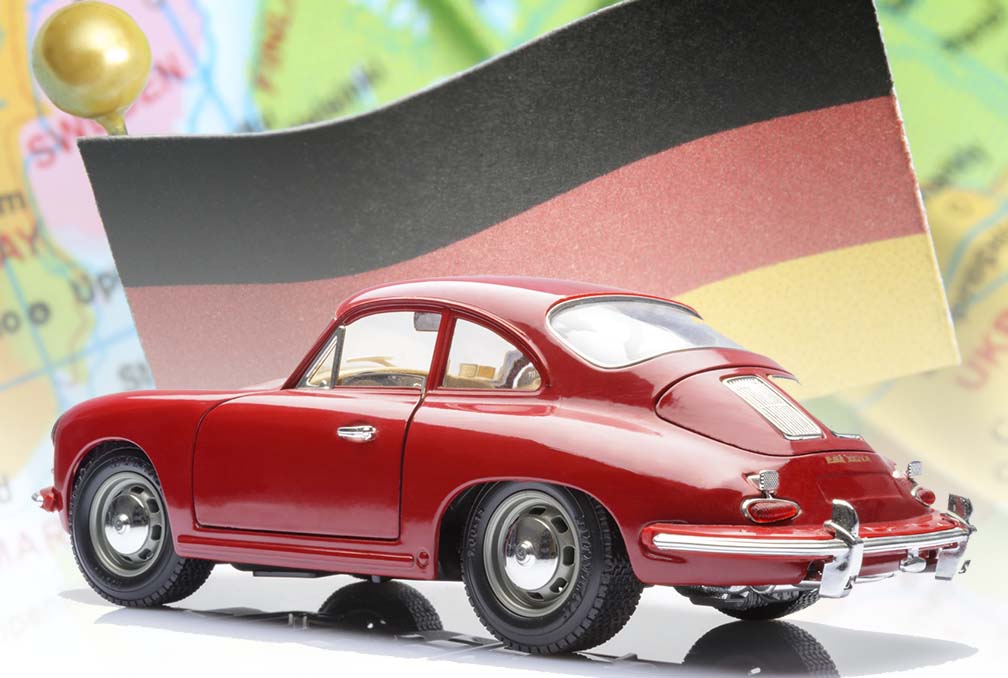
Preparing to Ship Cars Overseas to Germany
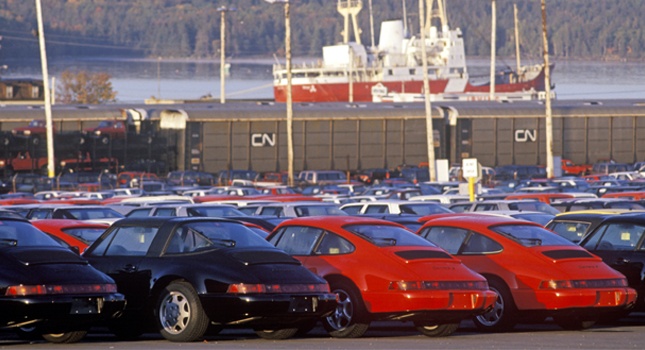
-093789-edited.png?width=220&height=79&name=wcs_final_logo_(1)-093789-edited.png)
